
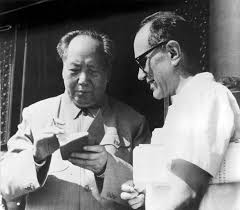 WSCRC mourns the passing of Sidney Rittenberg, an American whose deep ties with modern China were unparalleled. Sidney was directly involved in many of the key moments of modern Chinese history. On his return from China Sidney settled in the Pacific Northwest Region and lent his expertise to the Washington State China Relations Council. We are grateful for the insights and observations that he shared with the Council which helped to guide the Council to fulfill its mission.
WSCRC mourns the passing of Sidney Rittenberg, an American whose deep ties with modern China were unparalleled. Sidney was directly involved in many of the key moments of modern Chinese history. On his return from China Sidney settled in the Pacific Northwest Region and lent his expertise to the Washington State China Relations Council. We are grateful for the insights and observations that he shared with the Council which helped to guide the Council to fulfill its mission.
Beyond exports originating from Washington, our state is a major Pacific gateway for the movement of millions of containers (measured in 20-foot equivalent units), plus bulk and break-bulk cargo between China and locations in the U.S. More than a third of all containerized cargo by weight handled in Washington state is from trade with China.
Handling these shipments supports an extensive logistics system in our state that includes thousands of jobs in stevedoring, trucking, warehousing, transloading, rail services and freight forwarding. At The Northwest Seaport Alliance, a partnership between the ports of Seattle and Tacoma, 60% of all inbound containers come from China, while 32% of outbound containers are headed there. Containerized cargo, primarily linked to China, in 2018 directly supported nearly 15,000 jobs in the greater Seattle area. There also are shipments to China of soybeans, grain, and other bulk commodities and breakbulk, the handling of which supports economic activity in our state. A prolonged trade war with China could mean fewer products shipped through our state, hurting this important source of job creation.
In 2018, Washington’s ports handled 15.5 million metric tons of cargo to or from China, down from 25 million just a year earlier. By value, imports and exports subject to U.S. and China tariff lists fell from $27.2 billion to $24.1 billion in 2018, though imports actually increased. Agriculture exports handled at Washington ports experienced the most acute pain from the trade war, such as soybeans from the Midwest shipped through Washington ports.
Washington’s close linkages with China make this region all the more vulnerable to an extended contraction of trade, impacting local businesses and communities across the state. For years, U.S.-China economic ties have helped mollify impulses for more aggressive agitation and flare-ups. A reduction in economic interdependence means less economic benefits are immediately at stake from a more strained relationship or even confrontation, a dangerous scenario for the world and Washington state’s economic well-being.
Spencer Cohen is a senior economist at Seattle-based research firm Community Attributes Inc. He can be reached at spencer@communityattributes.com.
Original link: http://seattlebusinessmag.com/economy-policy-regulations-ceo-advisor/tariff-battle-china-threatens-washingtons-well-being
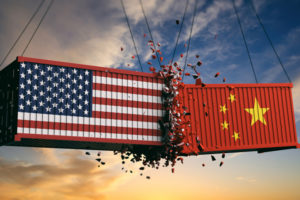
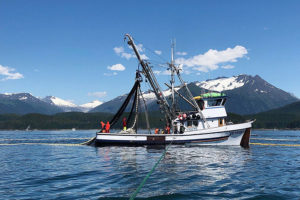
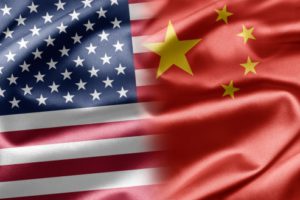 By LINDA DENG in Seattle | China Daily Global
By LINDA DENG in Seattle | China Daily Global


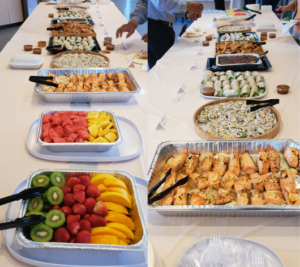 WSCRC plans to continue to hold events like this to enable members to mix and meet. The next event is scheduled for September 12th, 2019 in downtown Seattle.
WSCRC plans to continue to hold events like this to enable members to mix and meet. The next event is scheduled for September 12th, 2019 in downtown Seattle.